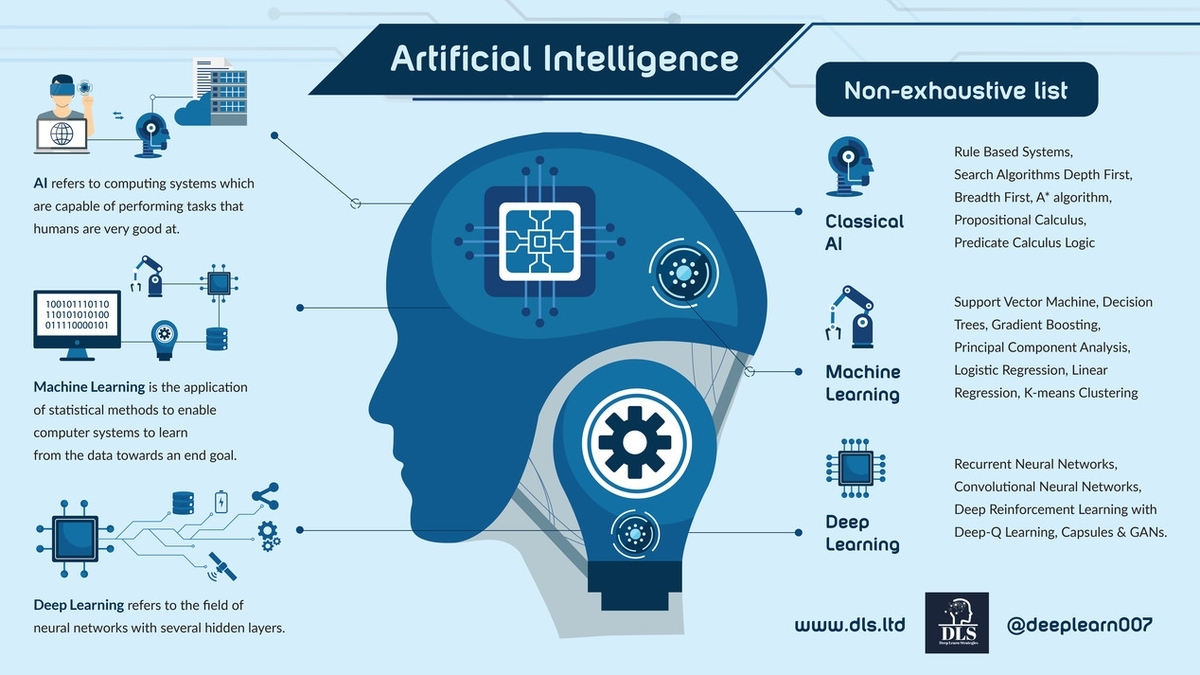
Artificial Intelligence (AI) is becoming increasingly integrated into many aspects of our lives, with healthcare being no exception. The potential of AI to aid in early detection and treatment of diseases could significantly enhance our health and extend our lifespan. This article will explore the use of AI in healthcare, the potential benefits and challenges, and the ethical considerations that need to be addressed.
AI in Healthcare
AI has the potential to revolutionize healthcare by personalizing medicine and improving patient outcomes. It achieves this by analyzing large datasets, identifying patterns, and predicting health outcomes. For example, AI can be used in medical research and biotech to develop new treatments and therapies. This innovative approach highlights the revolutionary advancements in biotech and AI that are extending the human lifespan and potentially ending diseases.
The Future of Healthcare with AI
By integrating AI into healthcare, we are moving towards a future where diseases could potentially be eliminated. For instance, the combination of AI, biotechnology, and gene therapy could extend human lifespan and address aging and disease. This significant scientific advancement could potentially lead to human immortality. Moreover, AI has the potential to automate production processes and solve global challenges, which could create a future marked by abundance.
Elon Musk and Human Longevity
There are, however, differing opinions on the pursuit of technologies to extend human life. Elon Musk, a prominent figure in the tech industry, has expressed ambivalence about such technologies due to concerns about social inequalities and power dynamics. He suggested an advanced version of Neuralink could potentially enable the recording of a person’s “save state,” prompting a broader discussion on the ethical and philosophical implications of extending human life.
Ethical and Privacy Concerns
While AI offers considerable potential benefits, it also raises ethical and privacy concerns that need to be addressed. The possibility of extending human life indefinitely has profound implications for our society and requires thoughtful reflection and ethical decision-making. Furthermore, the use of AI in healthcare involves the processing of sensitive health data, raising significant privacy concerns. These ethical and privacy issues must be addressed to ensure the responsible development and use of AI in healthcare.
Conclusion
In conclusion, AI has the potential to revolutionize healthcare and extend human lifespan significantly. However, the ethical and privacy implications of such advancements need to be carefully considered. It is crucial to strike a balance between harnessing the potential of AI in healthcare and ensuring the responsible and ethical use of this technology.
